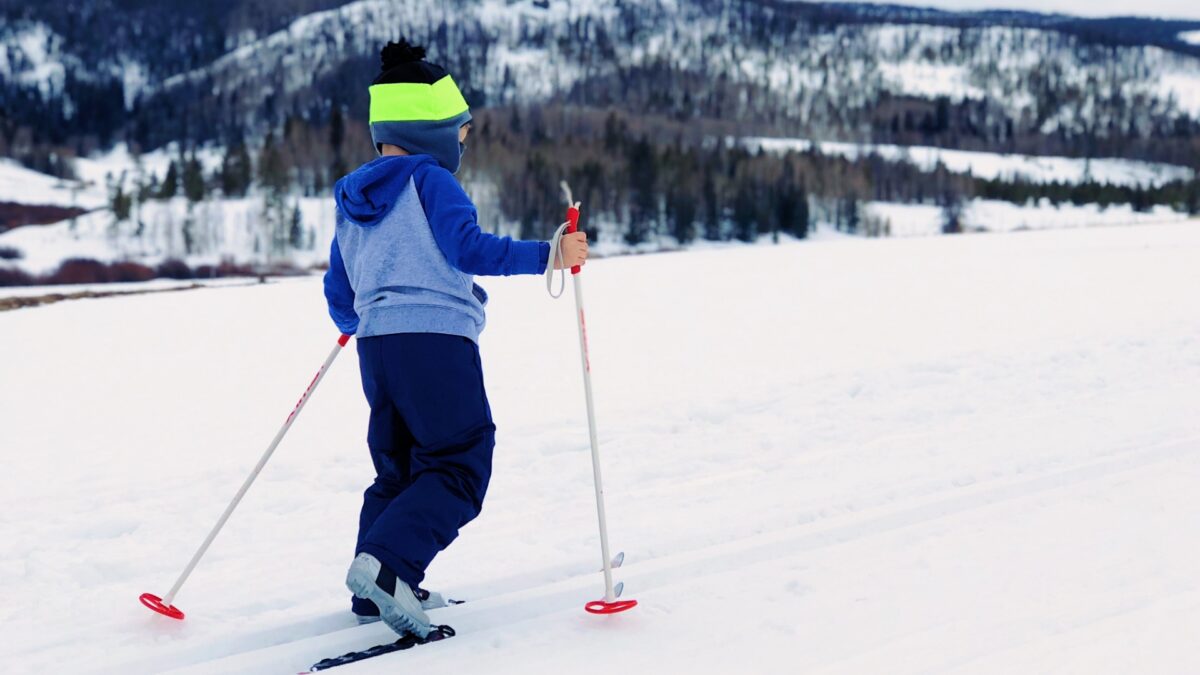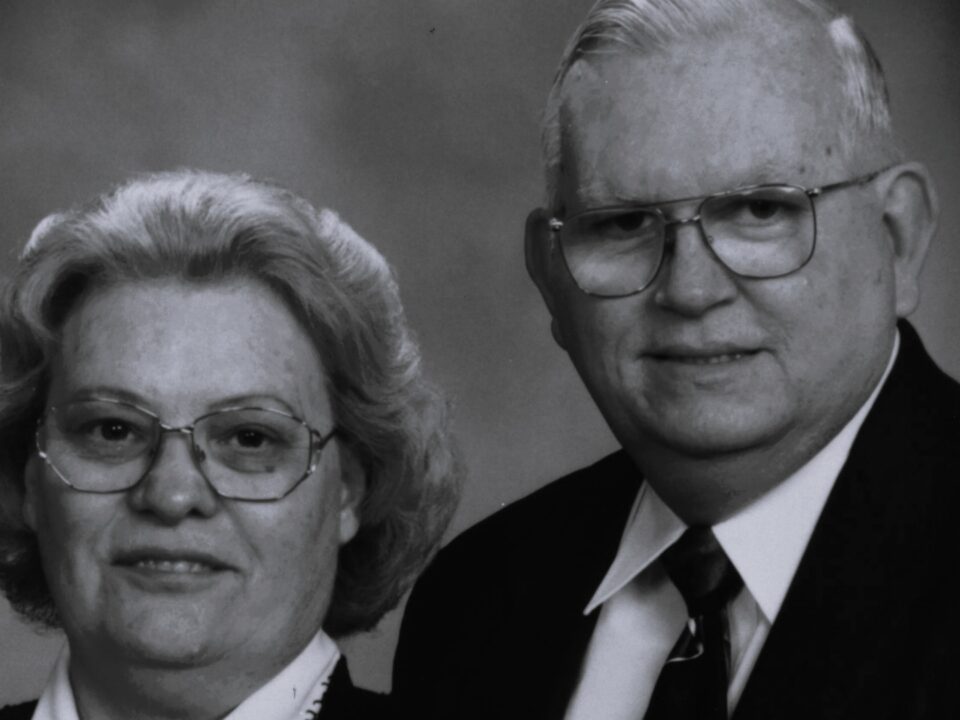MK Education: Transitions

I enjoy reading the blog “A Life Overseas”. They have so many good articles about a variety of subjects relating to missionaries and their lives.
A few months ago they had an article about cross-cultural skiing! Some MKs from Indonesia who went back home to visit family misunderstood the term cross-country skiing for cross-cultural skiing. Their mom realized there could be some similarities between the two things. One ski is your host country, where you are serving as missionaries, the other ski is your home or passport country, where you come for a visit. How can you balance these two realities for your children?
Before embarking on furlough, they talked about what they were looking forward to during that time — the people they would see, the foods they might eat, the activities they would participate in. They talked about feeling sad about leaving the mission field — things that will be missed and new things that will encountered.
They also realized, after arriving stateside, there are things you forget to anticipate, like dry air, when coming from a hot and tropical climate.
How do parents help their families navigate between two cultures so that the journey is smooth, and not too bumpy?
One way is the language—watch movies and/or read books in your host language to help your children retain their skills. Use a language app if available to help them also.
Prepare and eat foods from your host country.
Celebrate the holidays going on in your country—commemorate them as you are able.
If there are cultural games you can play with your children, or craft projects you can do from time to time to help them remember and feel a part of their “host” country, do that and involve other children, friends, cousins, to learn about your “home”.
Keep in touch with friends through appropriate apps.
Just like with cross country skiing, you are putting one foot in front of the other and balancing. It’s a balance when you are a part of two cultures. The culture where your family is living and your children are growing up is having an enormous impact on them and their development. But one day, they may return to their “passport” country and they need to have some familiarity with that and with how things work in their passport country.
In an article by Dr. Brenda Dickey, she lists two myths about transitions and children:
First, that children will be negatively impacted by transitions; therefore, we need to avoid all transitional experiences.
She says, No! Transitions are a part of life and children need to learn how to navigate well during each transition and re-engage quickly toward positive life experiences.
The second myth is that children are so resilient that they will find a way to bounce back during all transitions without parents or others intentionally planning for positive engagement experiences.
Again, no, resiliency skills are taught by intentional planning, supportive modeling of friendship building, and coaching by parents and/or others who are significant to the child in the environment.
Whether you are heading to the field, or returning for furlough, be intentional in talking with your children beforehand about what they might expect, and have some plans in place to stay connected to the language, to family and friends, and doing all you can to make it a positive experience.



